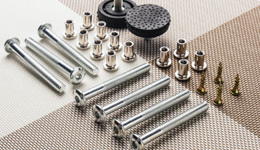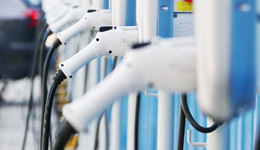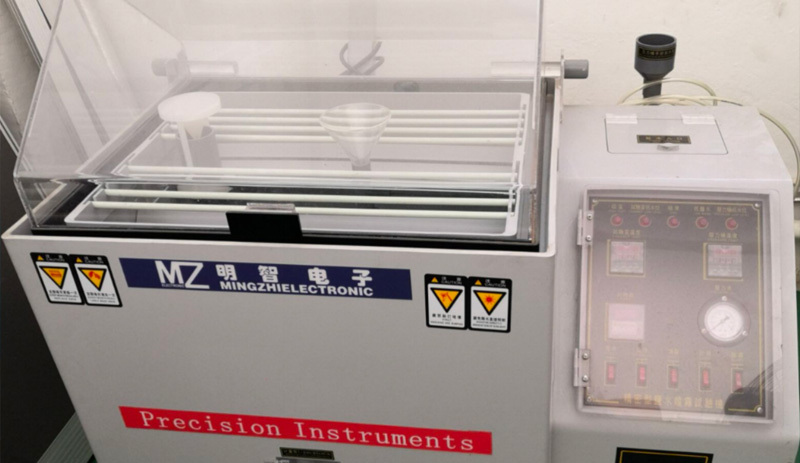A Comprehensive Analysis of Injection Molding Factories: Target Demographics, Core Advantages, and Factory Sourcing Strategies
Release time:
2024-12-25
1. Introduction
In the manufacturing landscape, injection molding and injection mold processing play a crucial role, being key to product quality and efficiency. This article deeply analyzes the groups relying on injection molding, key factors for selecting factories, and effective strategies for finding factories.
2. Diverse Groups Demanding Injection Molding Factories
1. Automotive Manufacturing Sector
With the rise of the new energy vehicle industry and strong demands for lightweight materials, injection molded parts have become key to weight reduction. For example, the Tesla Model Y body shield uses new materials to reduce weight by over 30%. Its large injection molded parts have strict specifications, exceeding 2 meters in length, 2 millimeters in thickness, and a precision of ±0.1 millimeters, requiring injection molding factories to possess strong capabilities to tackle complex molding challenges.
2. Electronic Product Manufacturing Cluster
Consumer electronics innovation and the pursuit of lightweight and efficient heat dissipation in 5G devices are prominent. The injection molding precision of mobile phone frames reaches the micron level, with internal heat dissipation channels requiring a precision of 0.05 millimeters, demanding injection molding factories to excel in multiple technical fields to ensure precise control throughout the entire process from materials to molding.
3. Medical Equipment Industry
Advancements in medicine have led to an increase in plastic components for instruments. The injection molding precision for pacemaker casings and diagnostic device detection chambers is within 0.03 millimeters and 0.1 millimeters, respectively, with strict requirements for materials and environments. Specialized medical injection molding factories, with their profound technology and strict control, are capable of handling these tasks.
4. Smart Home Industry
The rise of smart homes has led to an increase in demand for plastic parts in smart appliances and locks. The injection molding precision, strength, and appearance requirements for air conditioning deflectors and door lock casings are high, necessitating injection molding factories to integrate multiple technologies to optimize processes and enhance product quality.
5. Packaging Industry
The development of e-commerce logistics has driven packaging innovation. The injection molding precision for cosmetic bottles and food boxes is high, with excellent material properties that comply with regulatory standards. Injection molding factories need to master cutting-edge processes to achieve both packaging functionality and environmental protection.
6. Building Materials and Decoration Industry
In the trend of green building and decoration, plastic building materials and decorative components are innovatively developed. External wall insulation boards and 3D printed decorative components have strict requirements for dimensional accuracy, performance, and appearance, requiring injection molding factories to integrate new technologies to achieve a unity of architectural aesthetics and functionality.
3. Core Considerations for Choosing Injection Molding Factories
1. Cost Strategic Perspective
Building an in-house injection molding factory is costly, with significant investments in equipment procurement, mold development, talent recruitment, and site operations. Outsourcing processing based on orders allows companies to focus on core business, improve capital operation efficiency, and enhance market competitiveness, as exemplified by Apple optimizing resource allocation through outsourced injection molding.
2. Technical Expertise Advantage
The development of injection molding technology, particularly the optimization of hot runner molds, has shown significant results. For instance, a certain automotive component project saw a substantial reduction in waste rates, cost savings, and efficiency improvements through this optimization. Professional injection molding factories lead in various technical aspects, capable of resolving product complexity, ensuring molding quality, and enhancing product quality.
3. Flexible Capacity Allocation
During market fluctuations, in-house capacity can easily become unbalanced. There may be shortages during peak seasons and waste during off-seasons. Professional injection molding factories have clear advantages in scale and allocation, collaborating to expand production during peak seasons and transitioning to maintenance during off-seasons, stabilizing enterprise operations and aiding market expansion, with the Pearl River Delta cluster factories as a typical example.
4. Quality Assurance System
Professional injection molding factories have established comprehensive quality management systems, from strict inspection of raw materials to meticulous monitoring of the production process, and thorough testing of finished products, ensuring that products meet various industry standards and customer requirements. Their quality stability and consistency surpass those of in-house production.
Content sourced from the internet. Please contact us for removal if there are any issues.
Focus on hot spots














